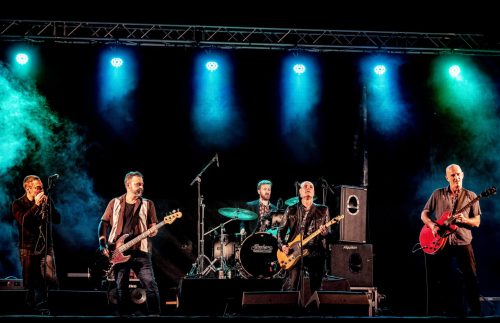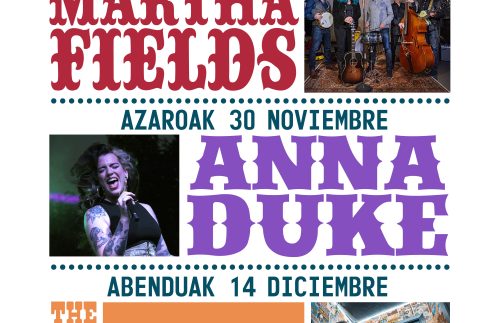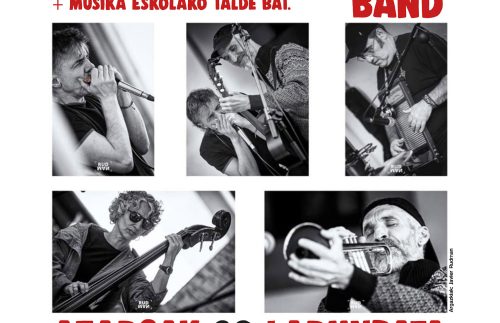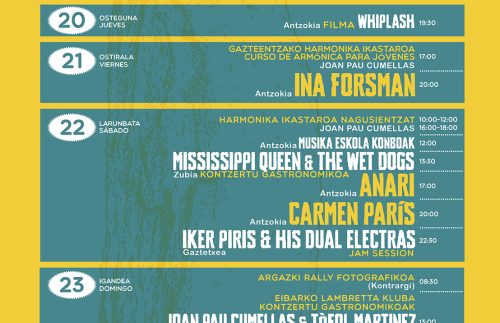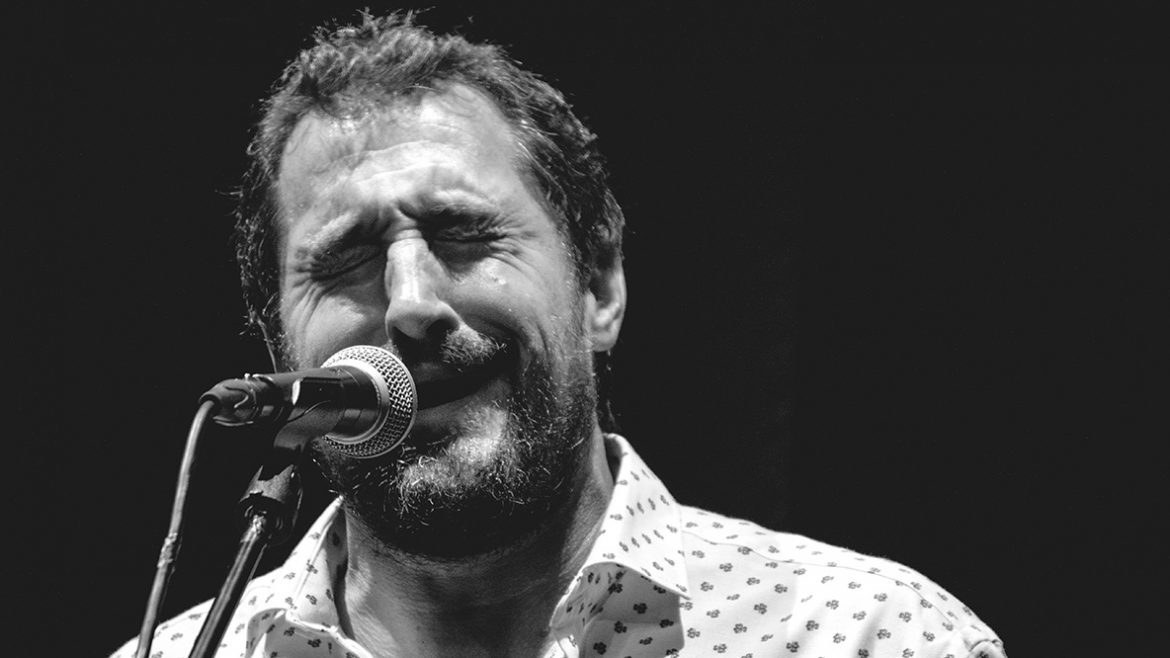
Bilbao-born flamenco cantaor Juanjo Navas
Word
will always remain in memory, the word from the poet , his life, his cause. The
one who fiddles with verses, numbing grudges and offenses due to the voice from
the one who sings them. Flamenco´s poetry whose origin is lost in the mist of
time will remain ancestral, eternal, forever and so the word of the poet will,
the one who tells and the one who sings.
Poetry and
flamenco have often gone hand in hand, specially since ´27 generation. Popular
culture and local intellectuals together in a round trip where the verses from
Lorca, Miguel Hernández, Alberti or Machado have been frequently recreated by
the most distinguished flamenco interpreters , from José Menese, Camarón,
Vicente Soto “Sorderita”, Morente,
Carmes Linares or Miguel Poveda, complementing and configuring together, the
perfect way to describe the labyrinth of emotions.
Recreating
the existentialist period from Bilbao´s poet and his uprooted poetry “Digo vivir” is a work matured with
conscience, faithful, respectful and very personal and for whose realization, Juanjo
Navas has been joined by Curro
Bermejo and Marco Borge on
guitar, Darío Campos on percussion, Lidia de Lorenzo on dance and claps
with Julen Biain, Jagoba Ormaetxea , Kike
Mora on bass, Olaya Alcaraz, Mónica
Muñoz and Isa Hernández on backing
vocals. An extraordinary adaptation work of despite the complexity of verses
whose metric was never intended for flamenco but nevertheless, Otxarkoaga’s
solves masterfully, either by Granaina
in “En Castellano”, by Alegrías in “Yo soy aquel que no más decía” or by Tangos in “Digo vivir” where
he moves away from orthodoxy to resume the tradition by Abandolados in ” Vámonos al campo ” and return to Tangos in “El Ciervo”. Echoes from
Morente in the soleá ” En el principio ” to travel to the joy of
guajira and fandango in ” Echar mis versos del alma ” and “El emigrante”
respectively. Juanjo Navas gives us halfway between tientos and tangos,
” Por los puentes de Zamora”, profiling with the toná ” Mientras
viva “, as a new reference within the purest and most respectful flamenco
but without losing that restless and innovative look that some of its
predecessors already had just like Camarón´s “La leyenda del tiempo”
or even Enrique Morente in “Omega” joined by Bilbao rock band Sonic Trash in “A la inmensa mayoría” and keeping in innovating on “Lagun
Kantua” song in Basque.
“Digo vivir” Flamenco poetry will
endure in memory, it will become eternal in time in Juanjo Navas voice, the one who cradles the word written by Blas de
Otero, his experiences and its causes because in the end, the word always
remains.
